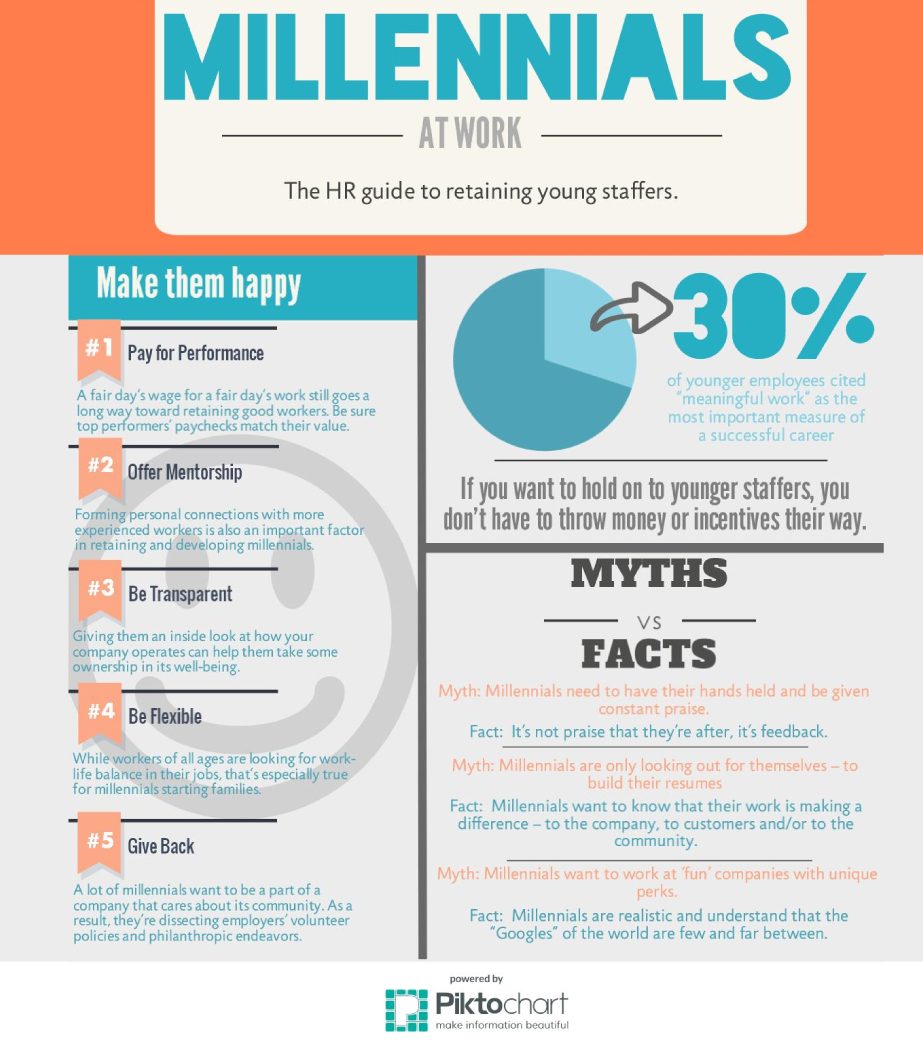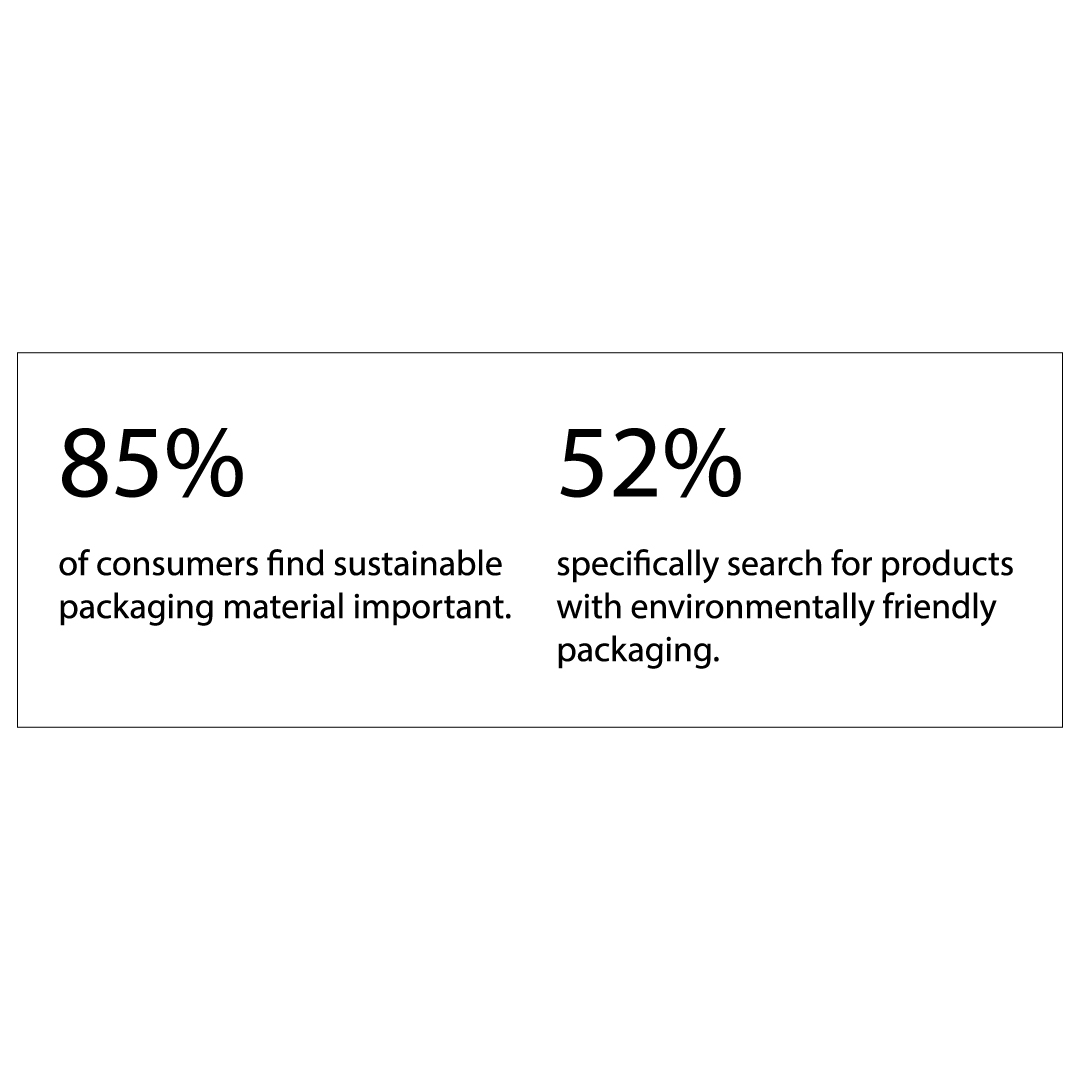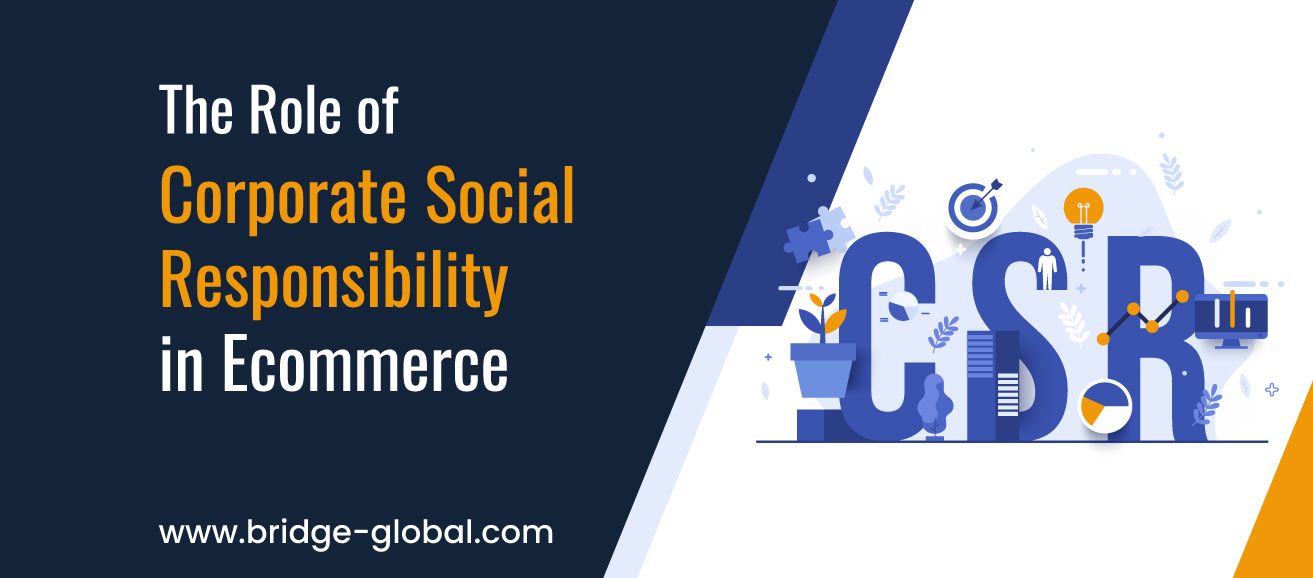Why Corporate Social Responsibility (CSR) Matters in Ecommerce. 5 Proven Reasons!
Corporate Social Responsibility (CSR) is an increasingly big part of the modern-day business world. Companies not only need to be increasingly aware and transparent about what they do with their profits but more importantly, how those profits are made. Rolex, Disney, Netflix, Microsoft, and Adidas are all examples of companies that are consistently highly ranked when it comes to good CSR practices.
CSR is more than just good PR, it’s essential in business.
For those who don’t know what exactly “Corporate Social Responsibility or CSR” is, it can be summed up like this: Good businesses, do good. Your brand needs to be highly ethical, follow the law to the letter, make sure your ingredients or products are sustainably sourced, and that a portion of your profits goes back into the community. In short, your business should be accountable to your investors as well as the public.
Consumers want to know that the product that they’re enjoying is sustainable and for example, doesn’t bring any harm to the environment or its employees. These days, it’s more of a demand than an expectation that brands show their commitment to good CSR.
So Why Does Corporate Social Responsibility Matter in Ecommerce?
In 2020 alone, almost 2 billion people made purchases online to the value of over $4.2 trillion dollars worldwide. In fact, according to Shopify.com, the ecommerce market is expected to grow by almost $11 trillion between 2021 and 2025. In an increasingly digital world, ecommerce is incredibly lucrative, so getting it done right is extremely important for your brand. Collaborating with a seasoned ecommerce agency or an ecommerce development services expert can help you have a highly-functional and appealing ecommerce store. But to excel as a reputed ecommerce brand or an online ecommerce business, you need to refresh your CSR activities and should try to see the world through the eyes of others.
As a mechanism, ecommerce is highly connected to social media, sharing from one user to another and overall user friendliness. Its main selling point is that it’s quick, easy and oftentimes far more efficient than going to your local mall.
This means that any bad news about your brand can spread like wildfire. Underpaying your employees or using unsustainable materials can quickly result in a public boycott which could ruin your brand or at the very least, sour your carefully cultivated image.
While these points below explain the need for CSR in ecommerce, it's not a how-to guide to creating a healthy and progressive CSR strategy. Read some CSR strategy advice or keep reading to find out just why that CSR strategy will matter for ecommerce.
1. CSR can make or break a brand
While viewing your CSR projects as PR (public relations) routine is definitely the wrong way to go, there’s no denying its importance. Brands like Amazon and Wal-Mart have come under fire in recent years for their treatment of their employees. How you treat your employees is not just important because better morale leads to better productivity, but the sheer bad publicity of bad CSR can sour the public's opinion of your brand.
The last thing you want while you build your brand is a boycott. Or attention from a senator.
Having a robust CSR policy can obviously have the opposite effect and have your brand getting attention for the right reasons.
Competitive wages, incentives and benefits causing employees to stay longer and ultimately lead to increased employee satisfaction. Visible community involvement and sourcing locally can create togetherness and foster loyalty with your local area. Being legally compliant can save you fortunes in the long run. Environmentally aware and sustainable policies can and will ensure long term growth.
Over the past 5 years, the online ecommerce marketplace has been filling rapidly so the need to stand out for the right reasons is becoming stronger than ever and with such high competition.
Good CSR is essential, especially in a marketplace that can be as easily seen, shared and influenced as E-commerce.

2 . You can attract and retain talent
Today's employee market is incredibly competitive. MIllenials and those belonging to the Gen Z cohort have shown a major tendency to “job hop”. A recent report by Gallop shows that 21% of Millennials have changed jobs within the past year. This is almost three times higher than non-Millennials. Not only that, but that same report suggested that only 50% of millennial employees plan on being at their place of employment in a year's time.
This means half of your employees, if not properly incentivized or paid, could wind up leaving your brand and moving to competitors. The push for a living wage has led to several companies from Walmart to Amazon receiving very negative publicity for the way they treat their workers.
The infographic below is a great place to start if you’re looking to work on CSR from an employee perspective. Another great place to check out is this article by Robert Half.

3. Consumers care
Simple changes regarding CSR policies being geared toward sustainability will have consumers more likely to choose your products.
According to a survey from DoSomething 75% of Gen Z said that they wanted brands to ensure employee and consumer safety with 73% of them also saying they wanted brands to care about their employees financially. It’s increasingly important to be authentic and transparent about how you treat your employees. Brands that treat their employees, customers, and the environment well are rewarded with a loyal following.
The downside of this is that because of their familiarity with social media and the digital realm, Gen Z is very aware of when you’re not being authentic. Jumping on #blacklivesmatter because it’s trending or claiming LGBTQ+ allyship without it being a genuine part of your brands culture and makeup will quickly backfire.
4. CSR builds brands to last
As Gen Z and Millenials take center stage in the world economy, growing your brand in line with their principles is a surefire path to success. While it may seem like an expensive or unrewarding act, the truth is good CSR is a great investment.
Not only can it boost staff morale, reduce staff turnover (so great talent stays and stays for longer) and boost your brand image as a socially conscious brand but it can foster a healthy and progressive work culture. In days gone by, it may have been seen as something only “hippy” or “idealistic” brands do, the truth is that even the biggest corporations in the world are prioritizing CSR.
A study by Greenprint shows that 80% of consumers are more likely to purchase a product labeled as environmentally friendly and 77% say they’re actively concerned about the environmental impact of their purchases. So you’re actually more likely to get buyers by making use of your environmental CSR.
Consumers are more aware than ever of what companies do and don’t do. They will reward you with loyalty and attention. The opposite is true if you, as an ecommerce agency or an ecommerce brand, fail to live up to the values of your customers.
5. Environmental Factors
Sustainability has become a cornerstone of various companies-and not just environmentally linked ones.
Companies like Heinekin are attempting to achieve 100% sustainable sourcing for its barley and hops products (currently at 62%) in addition to various environmental programmes. Amazon, along with over 200 companies and brands pledging to achieve net zero carbon emissions by 2040.
This is important because customers are making more and more buying decisions based on a brand's environmental impact.

Consumers by and large (especially Gen Z and Millenials) are seeing themselves as agents of change and are making choices that reflect that. While attitudes towards sustainability do differ from generation to generation, 85% of consumers globally have shifted their purchasing behavior towards sustainability in recent years. So if you want to build a brand that’s going to last, making sure that environmental sustainability is a part of it will go a long way towards reaching a broader consumer base.
Here are a few basics to keep in mind as you go about structuring your environmental Corporate Social Responsibilities:
- Make sure your products are recyclable
- Source your ingredients or materials responsibly
- Reduce the amount of waste on your packaging
- Source locally. This saves money on your fuel cost as well as emissions
- Use or create fuel efficient distribution networks
- Make use of environmentally focused suppliers, distributors and storage facilities
Final Thoughts
hee idea of putting together a comprehensive CSR policy may at first seem overwhelming for your ecommerce business. There are so many aspects to consider and a quick Google search could have you feeling as though you need to consult Congress and hire a team of lawyers before even starting.
The truth is as long as you understand the basics of Corporate Social Responsibility, it’s easy to understand why it’s important and how it may give you that vital competitive edge. With the United States currently in the midst of a labor shortage good CSR policies are a must have. This is particularly true of ecommerce and ecommerce agencies. If you're curious to know more about the skill gaps, read how outsourcing and outstaffing are great ways to solve the skill gap in the software industry, read here.
Many corporate and technology companies have revved up their CSR projects by responding positively during the pandemic.
Good business requires making sure that that business is a good business. That means looking after your employees, sourcing sustainably, following the law and giving back to the community.
Because that’s just, pun intended, good business.




Thank you for nice information.